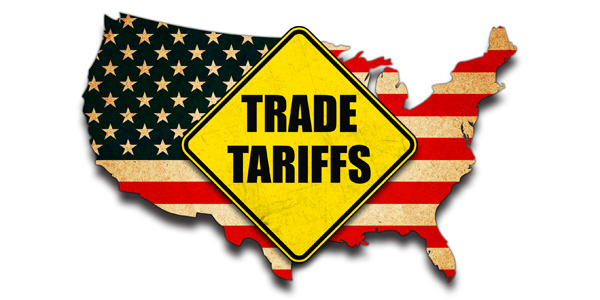
In a letter to the Office of the U.S. Trade Representative (USTR), the Auto Care Association urged the agency to adopt a process for association members and stakeholders to request products to be excluded from the latest round of Section 301 tariffs.
Last week, the USTR finalized the third Section 301 list of $200 billion in Chinese imports that would be subject to additional tariffs of 10 percent, effective Sept. 24. Starting Jan. 1, 2019, the tariff rate will increase to 25 percent. The Auto Care Association is concerned that the USTR’s notice did not mention a product exclusion process, as it did with the first two rounds.
According to the letter, “the administration’s exclusion process set up for products covered in the previous two Section 301 tariff lists provides an important opportunity for stakeholders to mitigate the negative impact these additional tariffs may have on the U.S. automotive industry and U.S. consumers.”
The letter went on to explain that our “supply chains are global and complex. It is not possible to easily or quickly modify supply chains without experiencing a ripple effect. In many cases, companies have no choice manufacturing in China as there are no alternative options due to capacity issues, quality control or customization.
“Additionally, imposing additional tariffs would increase the price substantially, delaying safety-critical repairs and making it difficult for U.S. consumers to afford cost-effective options when repairing their vehicles.
At the same time, we believe a trade war and tariffs will cause severe economic harm to U.S. interests and urge the administration to continue pursuing a bilateral, enforceable, rules-based trade agreement with China.”
For more information about the Auto Care Association’s trade initiatives, visit autocare.org/trade or contact Angela Chiang at [email protected].




